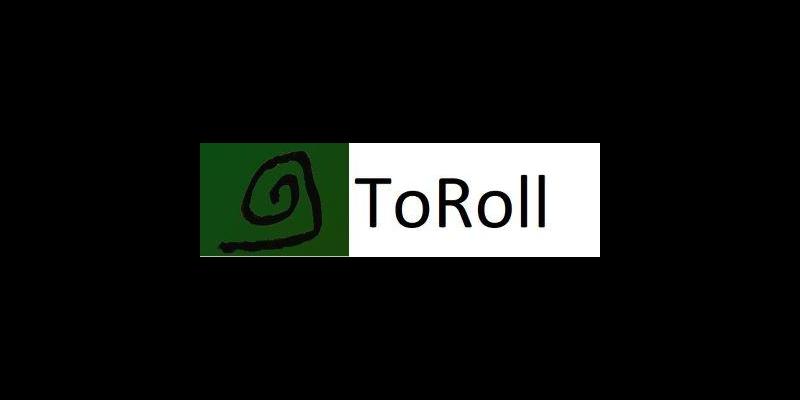ToRoll: Materialized Holiness is a research project examining the production of Torah scrolls as an extraordinary codicological, theological, and sociological phenomenon of Jewish scribal culture. The project includes the digital edition of selected scribal literature from Antiquity until the modern era on scribal practice, tagin and otiyyot meshunnot. Palaeographical analyses of letters and of materials used in medieval Torah scrolls of European provenance and qualitative interviews with contemporary scribes complement the project. A primary objective is to further integrate Jewish Studies into inter- and transdisciplinary research discourses, and to open them up for methodological approaches with the help of the Digital Humanities. The project draws from Jewish Studies, material research, social sciences, and art history, and digital humanities.
(Description provided by project owner)
Subject Period (epoch)
Subject Continent(s)
Project Type(s)
Project Language(s)
Project Media
Project Status
Project Creator Continent(s)
Project Creator Country(ies)
Project Creator City(ies)

PD Dr. Annett Martini, principal investigator, amartini@zedat.fu-berlin.de.

ToRoll: Materialized Holiness is a research project examining the production of Torah scrolls as an extraordinary codicological, theological, and sociological phenomenon of Jewish scribal culture. The project includes the digital edition of selected scribal literature from Antiquity until the modern era on scribal practice, tagin and otiyyot meshunnot. Palaeographical analyses of letters and of materials used in medieval Torah scrolls of European provenance and qualitative interviews with contemporary scribes complement the project. A primary objective is to further integrate Jewish Studies into inter- and transdisciplinary research discourses, and to open them up for methodological approaches with the help of the Digital Humanities. The project draws from Jewish Studies, material research, social sciences, and art history, and digital humanities.
(Description provided by project owner)
